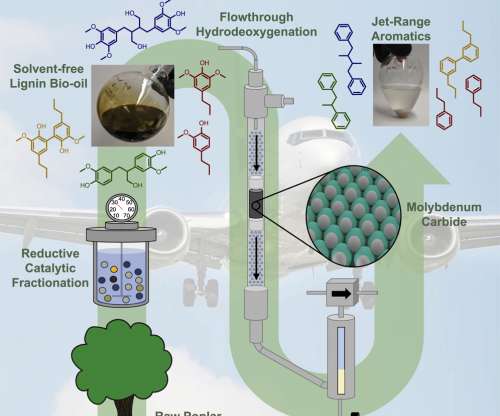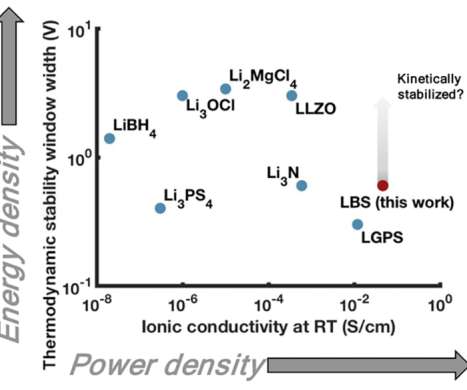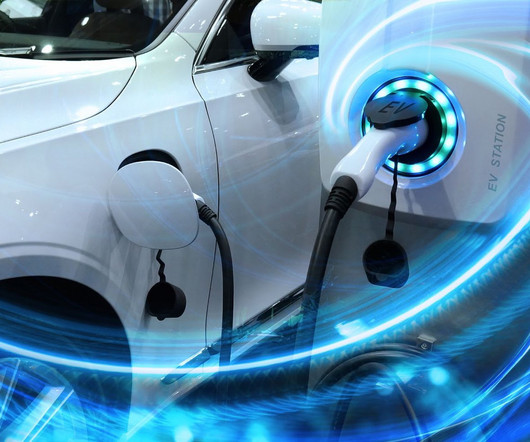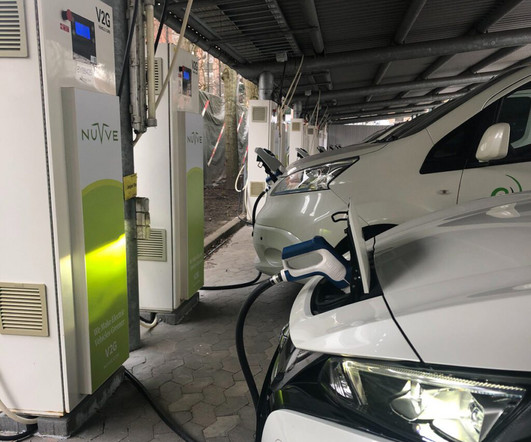NREL, MIT, WSU team develops process to convert lignin to aromatic blendstock for 100% sustainable aviation fuel
Green Car Congress
SEPTEMBER 23, 2022
Although electrification has shown promise toward reducing the carbon footprint of passenger vehicles, aviation remains dependent on hydrocarbon fuels due to their high energy density relative to even the most advanced battery technologies available today. A paper on their work is published in Joule. Bell, Earl Christensen, Ana R.C.


























Let's personalize your content